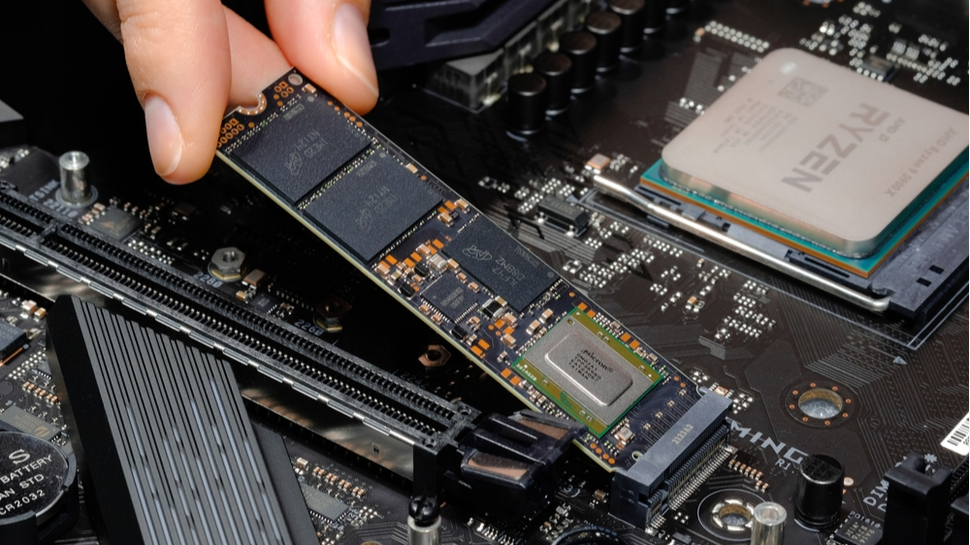Kioxia has announced it will cut the production of 3D NAND chips at multiple facilities amid a slump in demand for solid state drives (SSDs).
Starting this week, the memory manufacturer will cut wafer starts by 30% at two Japanese fabrication plants, which will have a corresponding effect on production volume.
Kioxia has not said for how long its manufacturing facilities will operate below capacity, only that it will “continue to review and adjust operations as needed”.
SSD demand
Unlike the decline of the HDD market, which is suffering from a multitude of pressures from within the storage industry, the dropoff in demand for SSDs is being driven by macro factors.
As inflation pushes up the cost of living, the appetite for spending among consumers is evaporating. The market for expensive electronics is particularly susceptible in these conditions, especially since many took the opportunity to upgrade their laptops and PCs as recently as last year, during lockdown.
Similarly, cloud providers and businesses with on-premise server infrastructure are spending less freely. Microsoft, for example, recently announced plans to extend the lifespan of Azure servers from four to six years, which is expected to save roughly $4 billion in fiscal 2023.
As Kioxia takes action to avoid oversupply, other market players are making similar moves. Micron announced last week that it is “reducing utilization in select areas in both DRAM and NAND”, which will amount to a fall in production volume. Other manufacturers are sure to follow suit.
However, it’s not just sales volume that 3D NAND manufacturers and storage vendors need to worry about. After a period in which prices were inflated by a combination of high demand and supply chain issues, the current economic conditions are now having the opposite effect.
Data published by analyst firm TrendForce suggests the price of 3D NAND wafers has dropped by roughly 30% quarter-on-quarter, with further decline expected as demand for devices and servers remains low. It may even be that some lines will have to be sold at a loss until the market recovers.
Via Tom’s Hardware (opens in new tab)





